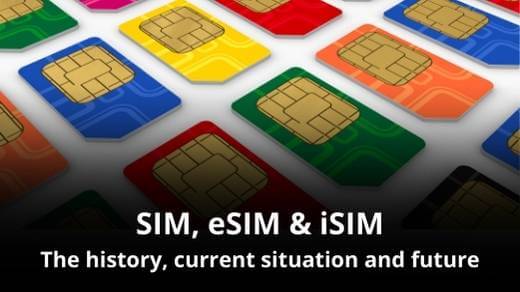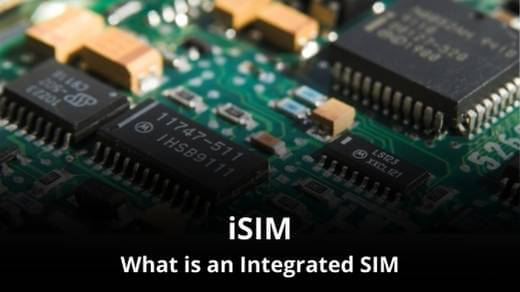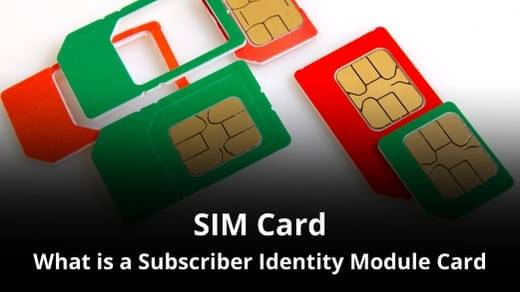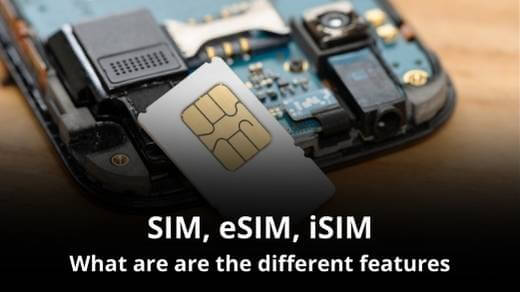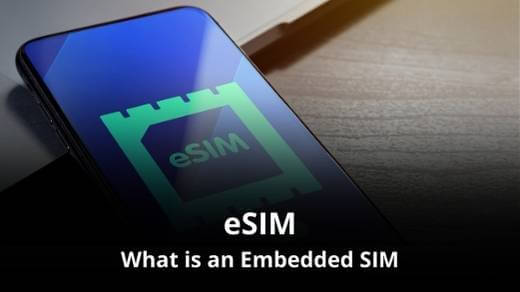What is a Subscriber Identity Module (SIM) Card?
A Subscriber Identity Module (SIM) card is a small, removable card inserted into mobile phones and other compatible devices. It contains unique information about the user, such as their International Mobile Subscriber Identity (IMSI) number, authentication key, and the details of the mobile carrier. SIM cards play a crucial role in the functioning of mobile networks.
What do you need to know about a SIM Card?
- Why is an Subscriber Identity Module (SIM) Card important for your Mobile brand?
- User Identification and Authentication
- SIM Service Activation and Provisioning
- Subscriber Management and SIM Cards
- Device Compatibility and Flexibility
- Global Roaming and International Expansion
- Customer Support and Troubleshooting
- Regulatory Compliance
- Fraud Prevention and Security
- Data Usage Monitoring and Control
- Customized Service Offerings for SIM Cards
- Mobile Wallets and Payment Systems
- Device and Network Security
- Enhanced Customer Experience
- Compliance and Regulatory Requirements
- Partnerships and Collaborations
- Summary of why a Subscriber Identity Module (SIM) Card is important for your Mobile brand
Why is an Subscriber Identity Module (SIM) Card important for your Mobile brand?
Here’s why SIM cards are important for your Mobile Virtual Network Operator (MVNO):
User Identification and Authentication
Unique Identification: Each SIM card has a unique IMSI number, allowing the network to identify and authenticate users on the MVNO’s network.

Security: SIM cards store encryption keys used to secure communication between the user’s device and the mobile network, ensuring data privacy and preventing unauthorized access.
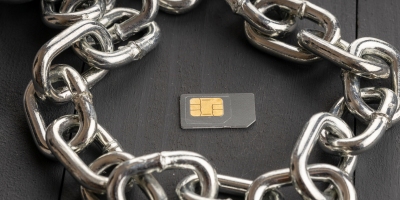
SIM Service Activation and Provisioning
Activation: SIM cards are essential during the activation process. When a user inserts the SIM card into their device, it activates the Mobile service. This allows them to make calls, send messages, and use mobile data.
Service Configuration: MVNO-specific settings and services are provisioned on the SIM card, ensuring users can access the MVNO’s offerings seamlessly.
Subscriber Management and SIM Cards

Billing and Subscription Management: SIM cards are linked to user accounts, enabling accurate billing and subscription management for the MVNO.
Service Customization: MVNOs can customize services and plans based on the information stored on the SIM card, offering tailored solutions to their customers.
Device Compatibility and Flexibility
Device Independence: SIM cards allow users to switch between compatible devices while retaining their mobile number and subscription. This device flexibility is crucial for user convenience. Important some smartphones are not supporting SIM Cards anymore but only eSIM’s
Multi-Device Usage: Users can have multiple SIM cards for different devices, such as smartphones, tablets, or IoT devices, extending the MVNO’s service reach.
Global Roaming and International Expansion

Roaming: SIM cards enable users to roam internationally, allowing them to use their devices while traveling abroad.
International Expansion: MVNOs can provide SIM cards to users in different countries, enabling international expansion of their services.
Customer Support and Troubleshooting
Identification of Issues: SIM card-related issues can be diagnosed and resolved by customer support teams, ensuring a smoother user experience.
Remote Management: In some cases, MVNOs can remotely manage certain aspects of the SIM card, enhancing customer support capabilities.
Regulatory Compliance
Regulatory Requirements: SIM cards help MVNOs comply with regulatory requirements related to user identification, ensuring legal and secure provision of services.
Fraud Prevention and Security
Authentication: SIM cards enable two-factor authentication methods, enhancing the security of online transactions and account access.

Anti-Fraud Measures: SIM cards help MVNOs implement anti-fraud measures, preventing unauthorized usage and protecting both the MVNO and its subscribers from fraudulent activities.

Data Usage Monitoring and Control
Usage Tracking: MVNOs can monitor data, voice, and text usage through SIM cards, allowing them to analyze customer behavior and offer personalized plans.
Data Management: SIM cards support data control features, allowing MVNOs to implement fair usage policies and prevent network congestion.
Customized Service Offerings for SIM Cards
Tailored Packages: Information stored in SIM cards helps MVNOs understand user preferences. This data can be used to create customized service packages, catering to specific customer needs and preferences.
Promotions and Offers: MVNOs can push targeted promotions and offer directly to users’ devices via SIM cards, increasing engagement and revenue opportunities.

Mobile Wallets and Payment Systems
Integration: SIM cards can be integrated with mobile wallet applications, enabling secure mobile payments, and enhancing the overall user experience.
Financial Transactions: MVNOs can offer financial services and transactions through SIM card-enabled mobile wallets, expanding their service portfolio.
Device and Network Security
Network Authentication: SIM cards authenticate devices on the network, ensuring that only authorized devices can connect, enhancing overall network security.
Secure Connections: SIM cards facilitate secure connections to the MVNO’s network, safeguarding user data from interception and ensuring privacy.
Enhanced Customer Experience

Seamless Activation: SIM cards enable seamless activation of mobile services. Customers can start using their devices immediately after inserting the SIM card, leading to a positive onboarding experience.
Easy Troubleshooting: SIM-related issues can often be resolved remotely, ensuring quick troubleshooting, and minimizing inconvenience for users.
Compliance and Regulatory Requirements
Legal Compliance: SIM cards aid MVNOs in complying with legal and regulatory requirements related to user identification, data protection, and telecommunications laws.
Emergency Services: SIM cards are essential for emergency services, enabling accurate location tracking and identification of users during emergencies.
Partnerships and Collaborations
Industry Partnerships: SIM cards facilitate collaborations with device manufacturers, enabling MVNO to offer bundled services and exclusive deals to users.
IoT and M2M Services: SIM cards are foundational for IoT and Machine-to-Machine (M2M) communication, allowing MVNOs to tap into the growing market of connected devices.
Summary of why a Subscriber Identity Module (SIM) Card is important for your Mobile brand
In essence, SIM cards are not just physical entities but the gateway to a multitude of services, data analytics, and personalized experiences. They are fundamental to the smooth functioning of your Mobile Brand (MVNO), ensuring security, compliance, and superior customer experience. By leveraging the capabilities of SIM cards effectively, your MVNO can enhance its services, foster customer loyalty, and stay competitive in the dynamic telecommunications industry.
In summary, SIM cards are the cornerstone of mobile communication, allowing Mobile Brands to provide secure, personalized, and flexible services to their customers. They facilitate user identification, service activation, international roaming, and device compatibility, making them essential for the smooth operation and expansion of your MVNO services.
